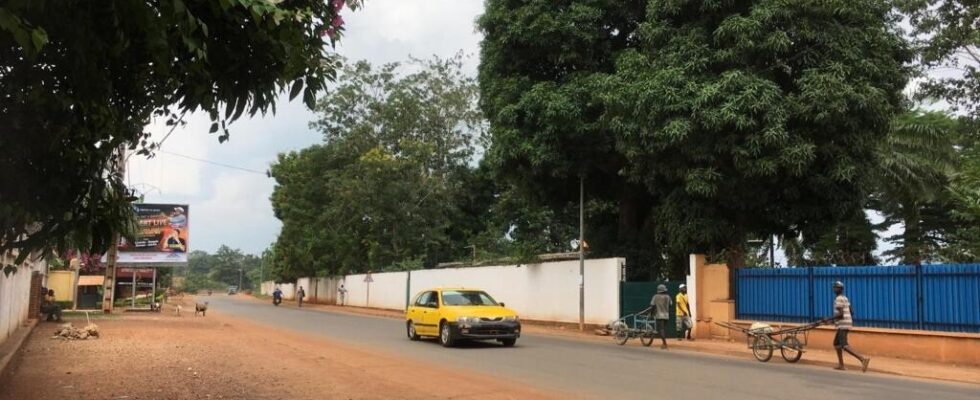The conflict between the buyer of the activities of TotalEnergies and the Cameroonian fuel import company is gaining intensity. The latter is demanding more than 2.5 million euros from the French company for unpaid debts.
2 mins
“This sum represents the balance of invoices for petroleum products which were delivered and which remained unpaid.», According to the formal notice dated May 30 presented to Tamoil. According to a government source, the French company which took over the activities of TotalEnergies in Central African Republic, would have collected empty gasoline storage tanks and would have been forced to import large quantities of fuel via the Neptune company. Deliveries that it would not have been able to reimburse, again according to the same source.
As a reminder, since last September, the Ministry of Hydrocarbons has entrusted the exclusive import of petroleum products into the country to the Cameroonian company Neptune Oil. This decision embarrassed Tamoil, whose main profit was made on the importation and resale of fuel. A source close to the French company denounces a desire to suffocate it.
However, this crisis does not only concern French service stations. Difficult to obtain fuel at the Tradex pumps for example. Central African Minister of Hydrocarbons Arthur Piri once again points out Tamoil’s fault. His alleged failings would create tensions in the distribution. However, for some observers, the difficulties in supplying all the country’s service stations would highlight a generalized problem of fuel imports and would rather incriminate the Neptune company. They also question the privileged link that this Cameroonian company maintains with the Central African authorities.
In this context, an intensive communication campaign has been carried out for several weeks against the buyer of Total. While the latter highlights its investments which have notably enabled the reopening of two gas stations in the provinces and the upgrading of laboratories at the airport. What Enguerrand Rochefort, the president of the investment bank that owns the oil company’s subsidiary in the Central African Republic, was able to defend to President Touadera during his last visit to Paris at the end of April.
The hydrocarbon sector is crucial and closely monitored by the IMF. In its last press release of April 20, the institution called for “effective implementation of reforms” in this domain. Economic growth depends oncrucial way [alerte-t-il] of the success of the fuel import campaign by the river“.
Some 80% of fuel imports are done by river during the rainy season, specify the Central African authorities. A source familiar with the matter acknowledges that strategic reserves are currently low. But she points out that the supply campaign via the river has not yet started due to the water level. Nothing worrying for the moment according to him, especially as tanker trucks continue to transport petroleum products from Douala.
